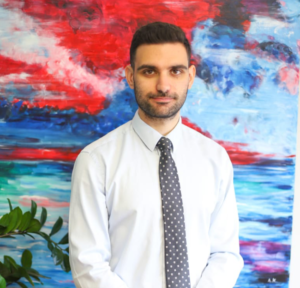associated fellows
DIGOV’s associated fellows are people which are engaged in the field of digital governance. Their activities contribute to research and practice in the field. This may reach from basic research at universities over administration at various levels of government to dealing within regulatory ecosystems at the level of business and industry. Associated fellows actively contribute to the mission of the Centre of Excellence.
Our Associated Fellows conduct their research at one of the universities of our international partnership: the Erasmus University of Rotterdam, the Bar-Ilan University and the University of Leeds.



The associated fellows
Dr Alberto Quintavalla
Dr Alberto Quintavalla is Assistant Professor at the Department of Law & Markets of the Erasmus University Rotterdam. He received his doctoral degree at Erasmus Universiteit in 2020 with research about water governance from the Rotterdam Institute of Law & Economics and the Department of International and European Union Law. He has been a visiting researcher at the Hebrew University of Jerusalem (recipient of the Guidetti Prize) and the European University Institute (recipient of Erasmus + Fund). His research interests are at the intersection of environmental governance, human rights and digital technologies. He has published in leading journals, served as a guest-editor of the European Journal of Risk Regulation and has organized international conferences. He has been awarded the prize for the best ‘new voices’ 2020/2021 published in the European Journal of Legal Studies. He is admitted to the Italian Bar.
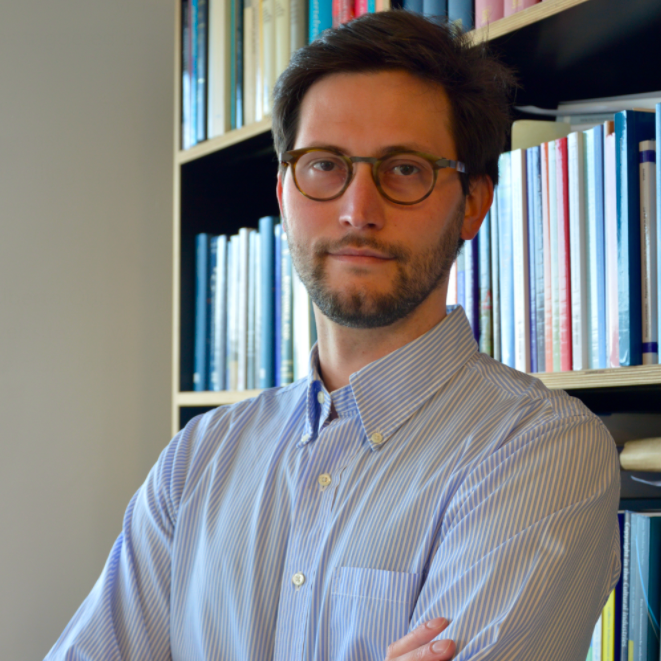
dr Enrique Santamaría
Dr Enrique Santamaría is a postdoctoral researcher at the Department of Law & Markets of the Erasmus University Rotterdam and a project coordinator within the framework of the Dutch Sector Plan for Law. He received his doctoral degree at the University of Groningen in 2020 with a thesis on the limits to the validity of contracts on human tissue under EU law. His research focuses on the relations between the human body and the law. His more recent academic interests explore the governance of digital and other converging technologies in healthcare. In particular, Dr. Santamaría studies different theories on health data commons, and the legal, political and ethical debates around AI applications in health. He has published in several European Journals. He is admitted to the Colombian Bar.

Dr Leopoldo Parada
Dr Leopoldo Parada is a lecturer in Tax Law and Deputy Director of the Centre for Business Law and Practice at the University of Leeds. Prior to joining Leeds, he held academic positions in Italy, the Netherlands and Germany. He received his PhD from the University of Valencia in 2017, which was awarded the price for the best thesis in tax law in 2018 by the Université Paris 1 Pantheón-Sorbonne, and the extraordinary Doctoral Prize by the University of Valencia in 2020. His research focuses primarily on the tax implications derived from the digitalisation of the economy, including issues on global base erosion and profits shifting and digital tax governance. He has written several articles in leading academic journals, he is also a regular speaker in conferences around the world, and he features regularly in written and visual media discussing issues on digital taxation. Most notably, Dr Parada’s work on digital taxation has been cited by the US congressional Research Service in 2020, and he has been listed in the TaxCOOP 35 Leaders of the Future in Taxation list as one of the most promising tax policy leaders who contribute to the advancement of taxation and global tax justice worldwide.
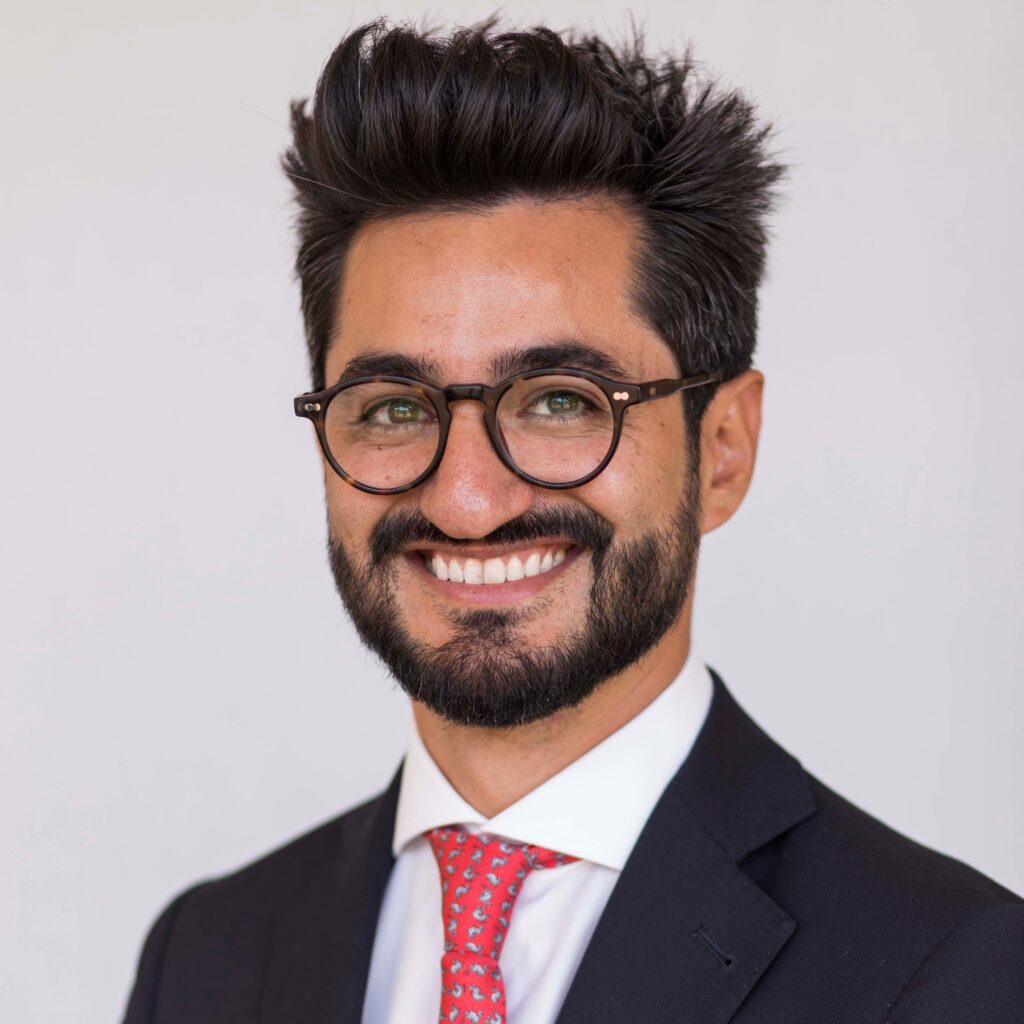
Dr Shu Li
Dr Shu Li has obtained the doctoral degree in law and economics at Erasmus University Rotterdam in 2021. His doctoral dissertation focuses on regulating emerging technologies such as 3D printing. Dr. Shu Li’s research findings can be found in journals such as European Journal of Risk Regulation, Geneva Papers in Risk and Insurance and Aansprakelijkheid, Verzekering & Schade (AV&S). His current research areas are at the intersection of law and economics, emerging technologies regulations and digital governance. In particular, he uses economic models to explain the desirability of diverse legal instruments in dealing with the risk and uncertainty posed by data-driven automated technologies.
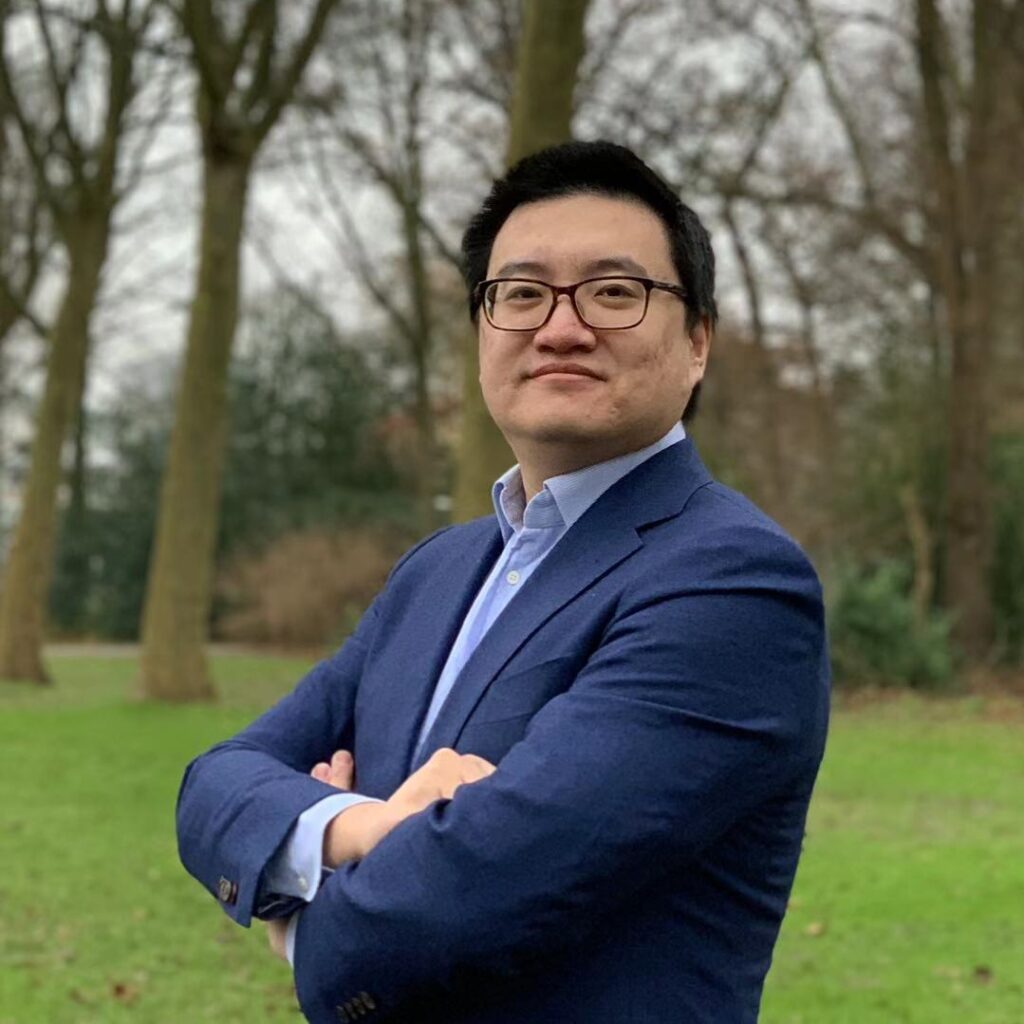
Dr Esra demir
Esra graduated from Ankara University Faculty of Law at the undergraduate level and she holds a master degree from the University of Galatasaray Faculty of Law (Istanbul), Public Law Master program. Her master thesis is about the protection of molecular genetic data in criminal law. Since 2017 she is a member of the Union of Turkish Bars.
As a Ph.D. researcher at Erasmus School of Law of Erasmus University Rotterdam she focuses on questions related to the ownership of human-bio data. She is concerned with questions like individuals’ rights to get a fair share of the financial profit enjoyed by researchers who develop new diagnostic tools and drugs with the help of patients’ genetic data. What kind of laws and regulations are needed to keep the interests of the individual as well as the society in genome and bio-data.
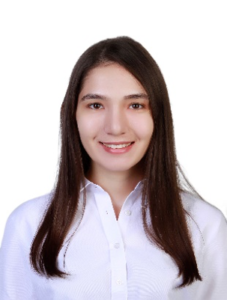
Dr kostina prifti
Dr Kostina Prifti is a postdoctoral researcher at the Centre for Responsible AI in Healthcare and Erasmus School of Law. His research focuses on the interaction of EU law and digital technologies. His PhD thesis focused on Regulating Artificial Intelligence by Design. Kostina holds a bachelor’s degree in law, MSC in Public law, both from Tirana University (Albania), and an LLM in law and technology (cum laude) from Tilburg University (The Netherlands). He has published in leading journals and co-edited a book on Digital Governance.. Kostina has organised several events and participated in numerous international conferences to present his research. He has co-organised the Law, AI, and Regulation (LAIR) conference, an international and interdisciplinary event hosting multidisciplinary scholars worldwide. Kostina is admitted to the Albanian bar, with 4 years of experience as a practitioner.
